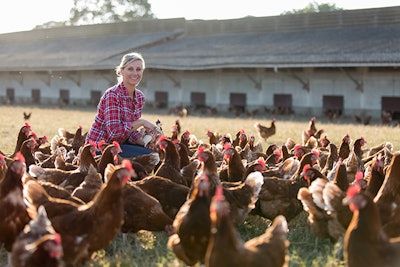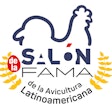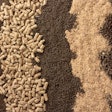
Fires in the Iberian Peninsula this summer have raised the alarm on climate change, once again, and on how needy Spain is for water resources. Wild animals are in danger, as well as vegetable species, and water is needed everywhere. But the alarm goes beyond that. It touches animal production.
The Spanish naturalist Jesús Garzón has been fighting for decades to bring back pasturage and shepherds to the “empty Spain.” And there are good reasons for that. For instance, the old livestock roads – that originated back in the 12th century – are still there and are a means to control wildfires. They are the routes to mobilize goats and sheep in mountains and countryside. And where there are shepherds, “there are no wildfires,” says Garzón.
Some food for thought – one thousand of these animals consume 4 to 5 MT of pasture and combustible matter per day that otherwise is prone to catch fire. They clean mountains and create natural firebreaks. Small migrating livestock also carry seeds. Those 1,000 animals can excrete 5 million seeds a year elsewhere and promote reforestation and vegetation.
Traditional livestock would create much needed jobs, in a country lacking jobs for young people. Far from the image you might have, modern life shepherds with cell phones, GPS and all sorts of comforts would make this job quite different from what it used to be. They could be independent entrepreneurs with a quiet life.
I liked this point of view because it sounds interesting due to the fact that many times, going back to the basics, can be of great benefit.
Now, this does not mean that this applies to all animal production. I would not endorse poultry free-range production, because with the millions and millions of birds produced nowadays, raising them in the outdoors would result in an ecological and animal health disaster.
We need to concentrate poultry in confined farms. It means less space, rational use of water, the possibility of using alternative energies and becoming more efficient in resources.
What do you think?
















